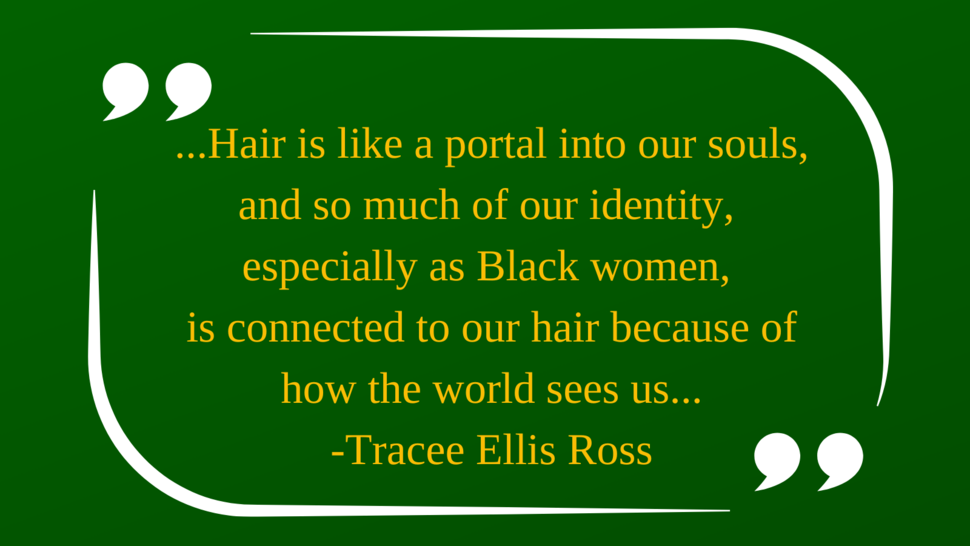Reflections on Emerging Research: Beauty Products and Potential Cancer Risk Among Women of African Descent
, by Dalana Johnson, MPH, Julia Gage, PhD, MPH, Fatou Jallow, PhD, Taylor Ladson, MPH, Vidya Vedham, PhD, Erinma Elibe, MPH
Throughout history, beauty product use has largely been influenced by cultural norms which uphold Western standards of beauty. Recent research suggests that some commercial beauty products may have harmful effects, including increased cancer risk.
As Black History Month comes to a close, we want to highlight this growing area of cancer research that has potential importance for women of African descent across the globe.
Discussions about medical research within the Black community should begin with an acknowledgment of our painful history. For generations Black communities have experienced tremendous distrust of medical research, resulting from a legacy that includes the Tuskegee Syphilis Study, Eugenic sterilization in North Carolina, and the Story of Henrietta Lacks. Similarly, cancer research historically has too often failed to adequately engage, study, or prioritize the needs of people of African descent. (1)
In the US, Black women with breast, ovarian, uterine, and endometrial cancers have worse outcomes than White women due to lower healthcare access and more aggressive tumor biology. (2, 3, 4) NIH-funded research has contributed to our growing understanding of how harmful beauty products might contribute to some of these hormone-related cancers among Black women.
For example:
- The Sister Study found that use of chemical hair straightening products is associated with increased incidence of endometrial cancer risk in African American Women (5, 6), as well an association of adolescent use of permanent hair dye with pre-menopausal breast cancer risk. (7)
- The Women’s Circle of Health Study described an association between use of hair relaxers and hair dye, specifically dark hair dye, and aggressive breast cancer risk in African American women. (8, 9)
- The Black Women’s Health Study observed an association between use of hair relaxers containing Lye and aggressive breast cancer risk in African American women. (10)
- The Ghana Breast Health Study found an association between use of hair relaxers and breast cancer in women of African descent. (11)
Important efforts are underway to better understand the contents of these products (such as endocrine-disrupting chemicals), which are often used throughout a woman’s life, and variations over time and across populations worldwide. (12, 13) We anticipate future research will further elucidate these associations through studies that engage affected communities and large representative cohorts like NCI Connect – a 200,000-person study designed to better understand cancer etiology. Foundational research is also needed to understand the potential biologic mechanisms of carcinogenesis.
If confirmed, increased cancer risk associated with beauty/personal care products would have serious implications for women of African descent across the world, given the widespread use of these products including chemical hair relaxers/straighteners, hair dyes, and skin lighteners. Although advertisers increasingly portray beauty in an inclusive manner across all races and ethnicities, it is important to increase and amplify messages that specifically value natural Black beauty. Public health awareness efforts are also essential to educate affected communities about research related to beauty products and cancer risk. (14, 15, 16, 17)
In conclusion, we are personally grateful for these NIH-supported investigations and concerned about the extent to which personal beauty products may impact cancer risk for women of African descent in the US and globally. We are also grateful for ongoing efforts to improve trust between researchers and the Black community and translate research findings into improved public health. (18, 19)
All women of African descent, regardless of where they live, deserve to participate in and benefit from cancer research toward achieving the highest possible health status. We look forward to a diverse coalition of women across academia, government, and advocacy groups continuing to help us understand and mitigate the potentially harmful effects of beauty products used by women of African descent.

